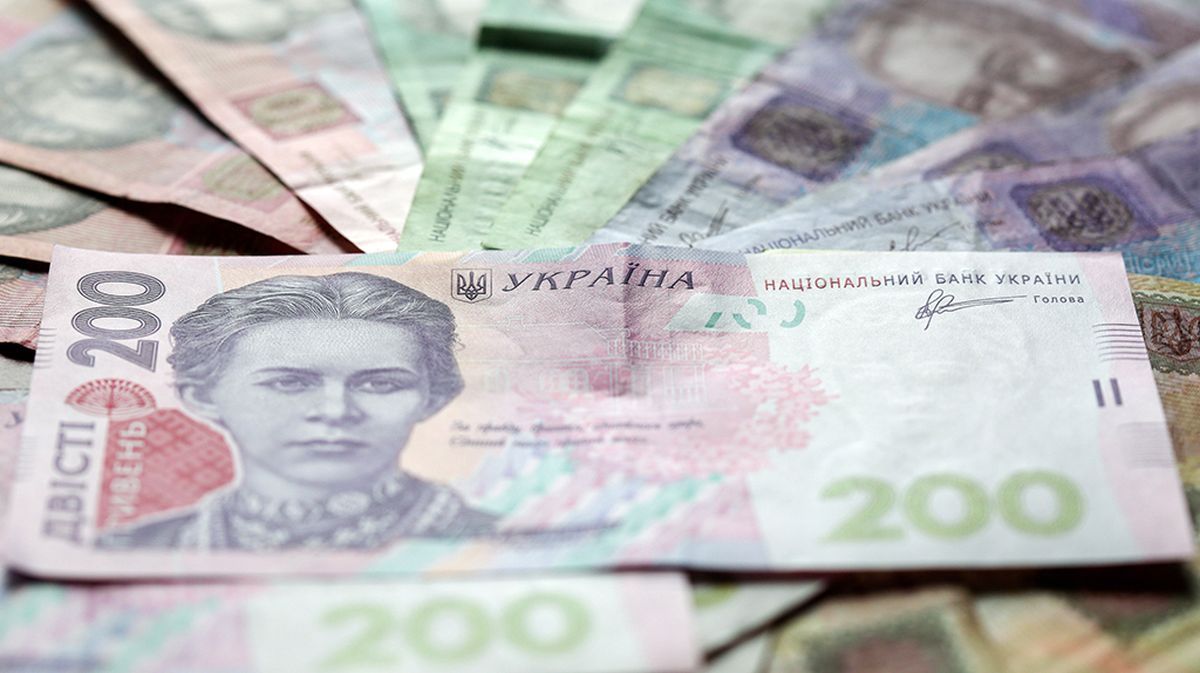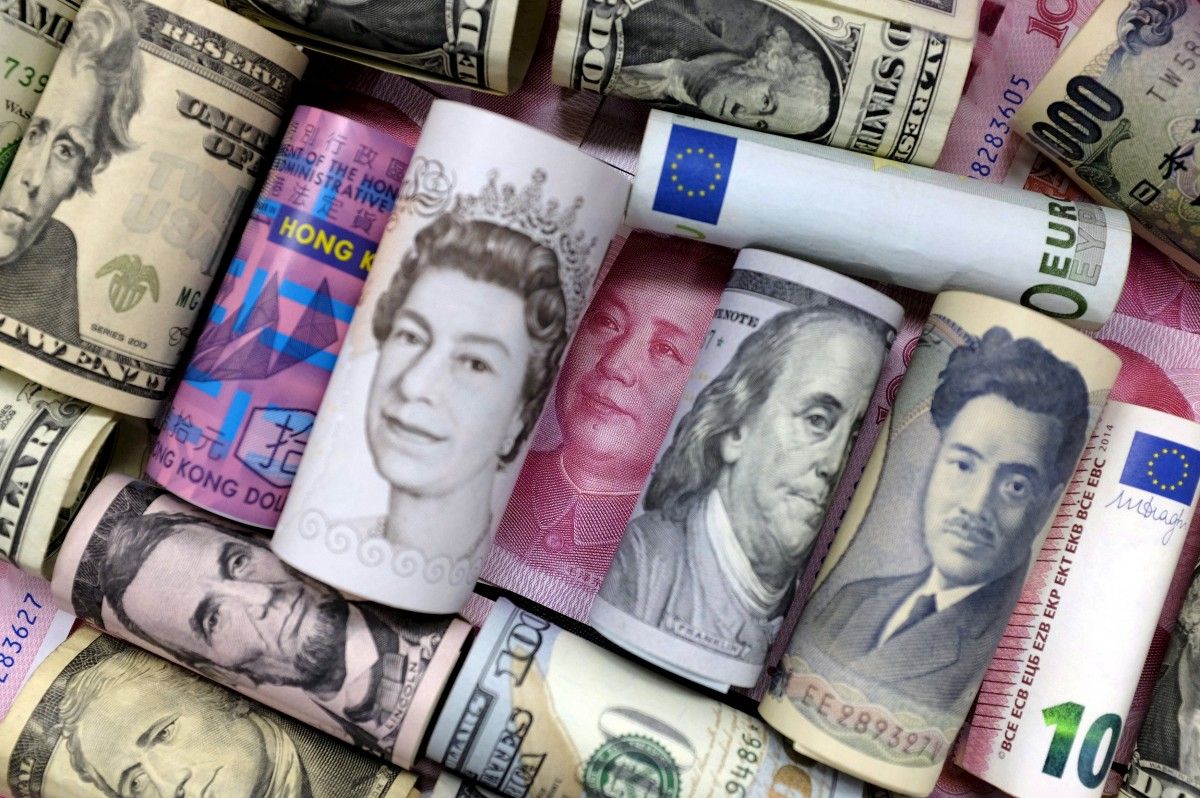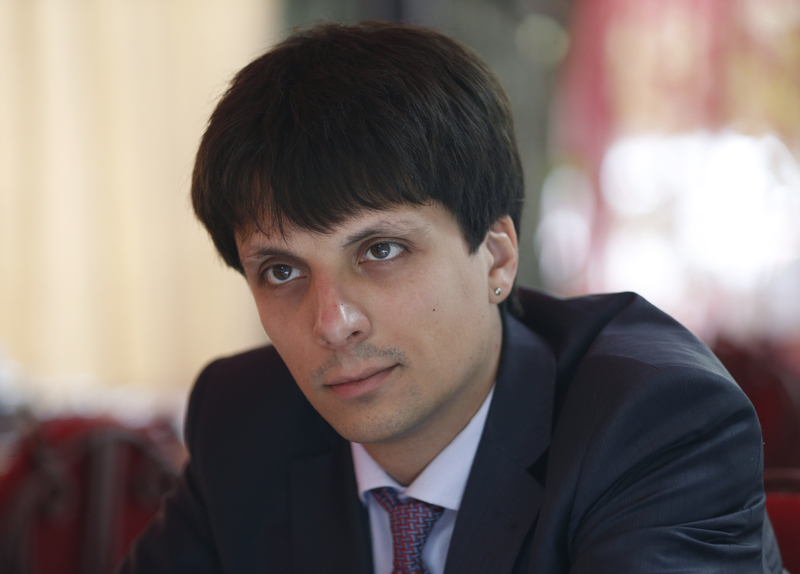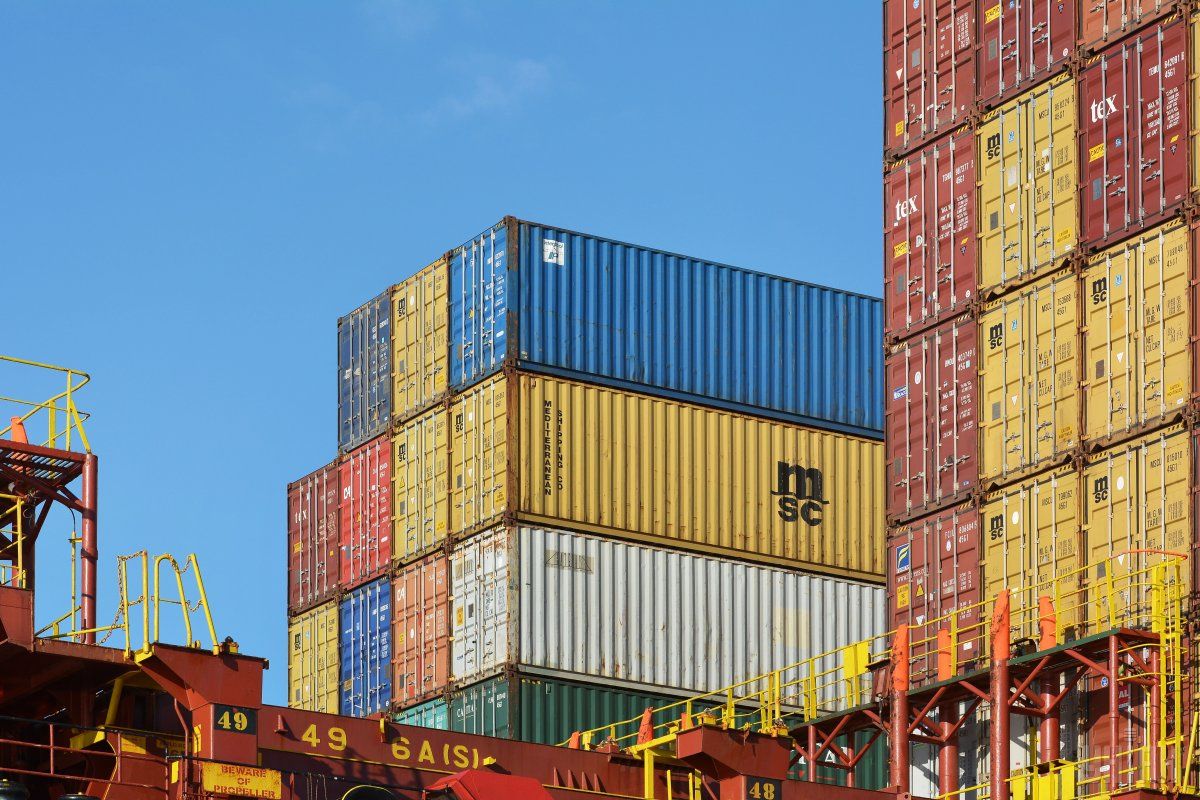
When will Ukrainians get European salaries
Ukraine is not a poor country. But the incomes of citizens are among the lowest in the region. This cannot be changed by raising the minimum wage or taking money away from the oligarchs. The only way is to create conditions for a significant growth of the country's GDP.
Titles like "Ukrainians earn less in the rest of Europe", "Ukrainian monthly wages could only pay for two dinners in Paris" are already a tradition in some Ukrainian media, which causes the righteous anger of ordinary citizens.
Often, the media follow the populists in simply translating the average Ukrainian salary in euros and compare it with that in other countries. Thus, in 1Q 2016 the average Ukrainian citizen made EUR 162 a month, whereas Moldova recorded EUR, and Poland, which we often strive to be alike, boasted EUR 950.
However, in pursuit of a catchy title or cheap political rating, the information on the matter is given to the public distorted. Indeed, due to the deep devaluation of the hryvnia over the past two years, wages in Ukraine also sunk in foreign currency terms.
But the well-being of citizens in the civilized world is not determined by the amount of currency one can buy but by the range of goods and services affordable. The country’s wealth is measured by how many products it is able to produce and sell.
For the evaluation, the index is used of gross domestic product (GDP) per citizen, taken at purchasing power parity (PPP). According to the International Monetary Fund, GDP per capita in PPP terms in Ukraine in 2015 amounted to almost $8,000, in Georgia it was $9,600, and in Moldova it was $5,000.
It is worth noting that Ukraine can climb a little higher if the country gets to lower the level of the shadow economy, which is not accounted for in official statistics. According to various estimates, it reaches 50% in Ukraine, while in Poland its level twice lower.
So despite the fact that Ukrainians are not the poorest in Europe, even realizing it would bring not much comfort to the citizens. After all, Ukrainians still travel to Poland, the Baltic States and Western Europe. That's where we see the quality of life and level of wages, which they want to achieve in Ukraine.
How to achieve higher salaries
According to Deputy Chairman of the Group of Strategic Advisers of Ukraine Pavel Kukhta, the size of GDP directly affects the well-being of citizens.
"In fact, the country's GDP is distributed in two main directions. It can go to the capital owners or the people in the form of wages. Accordingly, salaries are tied to the size of GDP," Kukhta said, adding that part of what is produced in the country is also consumed by the State itself through social spending, defense, and state apparatus.
According to Kukhta, the proportion of wages in Ukraine's GDP is around 40%, which roughly corresponds to European figures. The rest goes to the owners of capital and the State.
There is an option to follow the principles of socialism and away take away the capitalists’ assets so that the capital was distributed among the workers. But then there is the problem of the lack of incentives to invest. Nobody will invest in the purchase of equipment and the creation of new production capacities if there are no opportunities to make a profit.

Investment is exactly what Ukraine is missing. Without capital injections, it is difficult to talk about economic development. They reached almost $11 billion in 2008, in 2012 they were at the level of $8.4 billion, but in 2015 they were left below $3 billion. Meanwhile, since its accession to the EU, Poland has attracted between $8 bln and $17 bln in foreign direct investment annually.
The current attempts of the Ukrainian authorities to carry out deregulation, simplify the tax system and raise the country in the ranking of the ease of doing business are aimed precisely at improving the investment climate.
Another option for increasing the share of wages in the economy is the reduction of state consumption. The less taxes it collects and spends for its own needs, the more money will be left to capital owners and their employees.
Lowering the single social contribution (SSC) since the beginning of the year nearly twofold is a great example of how the work of businesses can be facilitated and legal wages increased. By taking this step, the government voluntarily gave up UAH 100 billion of budget revenues for the companies to take their employees’ wages out of the shadows.
Making up for losses in the budget plan is planned to be reached by raising tax revenues from increasing wages and through the reduction of social spending, because people with higher official revenue will not qualify for social aid.
However, this has had little material effect so far. Businesses do not trust the government too much and they are in no hurry to take wages out of the shadows. In addition, the companies that pay staff salaries "in envelopes" can entice higher qualified staff by offering higher payouts than a company with legal salaries introduced.
Meanwhile, the authorities continue urging businesses to reconsider their attitude.
"I expect that the business will go for higher salaries for their employees. This [reduction in tax rates] was done not only to increase the profits of Ukrainian companies, but also for them to increase the share of wages, while remaining competitive in the market," President Petro Poroshenko said at the beginning of the year.
However, there is still great scope for reductions in government spending under the name of state-owned enterprises, most of which have been feeding on public funds and which still fail to be put up for privatization.
There is also a utopic option of raising salaries by issuing a relevant decree from higher offices. Not long ago, Minister of Social Policy Andriy Reva and head of the State Fiscal Service Roman Nasirov discussed the possibility of a legislative raise of the minimum wage.
Fortunately, this initiative found no support in the government. It certainly would help bring out of the shadows part of the salaries and increase the amount of legal income of citizens, but at the same time, it would lead to large-scale layoffs and further shadowization of the economy.

"The only way to achieve Polish wages in Ukraine is to increase GDP per capita in our country to the level of Poland. But Ukraine has long had a standard policy of using all instruments, including enforcement, to raise salaries instead of raising GDP. This policy only reduces GDP, driving businesses into the shadow and repelling investors," says Kukhta.
Therefore, the only thing that can really correct the situation is economic growth.
"When you have small GDP, you are a very poor country, and people earn little. There are no other options there. When such a low GDP, there cannot be and there will not be any higher wages," said Kukhta.
Achieving growth is only possible if a country produces and sells enough goods and services. Gross domestic product per capita in 2015 in Poland amounted to $26,500, in Estonia it was $28,600. It is clear that Ukraine will never be able to provide its citizens with Polish wages, with its GDP per capita being more than three times lower.
Growing faster than others
To increase GDP, the country must produce more. It must also be selling its products and services. Only this ensures the increase of national wealth. For example, the Soviet Union produced plenty of products, however a lot ended up rotting in warehouses, unsold.
By and large, Ukraine can produce goods both for the internal and external markets. The only question is the scale of these markets.
"The domestic market in Ukraine is very small, so it makes no sense to count on it as a source of significant growth. But foreign markets have scale, compared to the Ukrainian economy. And as a rule, countries like Ukraine achieve significant growth when expanding their presence in foreign markets," said Kukhta.
Therefore, the efforts of the Ukrainian authorities to increase exports are justified not only in terms of foreign exchange earnings to maintain the hryvnia exchange rate, but also in terms of creating preconditions for the acceleration of GDP growth.
At the same time, the mentioned conclusion of de-shadowing the economy cannot be considered a panacea in terms of increasing GDP and wages.
"The size of the shadow economy indicates the degree of economic underdevelopment. It didn’t just develop out of nowhere. People go into the shadows because they can’t earn legally. This is not a resource for increasing the statistical GDP. This is a sign of disease," said Kukhta.

Rather, the reduction in the share of the shadow economy should serve as an indication that the business environment is improving. If companies start paying taxes, it clearly shows that government pressure has weakened and confidence in the State is growing. So far, all the steps taken by the Government are not enough, and the businesses are not in a hurry to leave the shadows. The reason for this is as in the past: excessive pressure of the tax officials, the dysfunctional court system, and total corruption.
A mandatory condition for the rapid development of the economy is the inflow of foreign investment. This is what helps small European countries that cannot boast of a large-scale industry outrun major manufacturers, such as Germany and France, in terms of GDP per capita.
For example, GDP per capita in Denmark amounted to about $46,000 in 2015, almost the same level as Germany. The same figure was recorded in Iceland, the country with a population of just over 300,000 and no large-scale industry.
Recently Ukraine even created a National Investment Council that will deal with attracting investment. As stated by the head of the newly-created Council, Borys Lozhkin, the country needs to attract an additional $120-200 billion in foreign investment by 2036 to ensure annual GDP growth at 6,5-9% in 2017-2036.
At the same time, one must not forget that achieving high GDP growth is unlikely based on outdated raw materials economy. Focusing on agricultural products as an engine of economic growth, only 1-2% GDP growth per year can be expected, but the country can’t get into the big league with such specialization.
This was what Prime Minister Volodymyr Groysman was talking about during the discussion in the Verkhovna Rada’s first reading of the draft state budget for 2017. "I want us to stop being a raw materials appendage to the economies of other countries. It is very important that we create a national product that will be competitive and provide Ukrainians with decent jobs," said Groysman.
A serious increase in GDP requires manufacturing of products with a higher degree of processing. This does not mean Ukraine has to start creating industrial parks and other free economic zones all across the country or to exempt from tax the IT companies.
It is necessary to guarantee the rights of the owner, to create an attractive environment for investors and businesses to develop. And then the businesses will decide what niche to choose, in order to maximize the added value. The problem of the Ukrainian economy, focused on the export of raw materials, emerged due to excessive oligarchization, overregulation and unprotected property rights.

Therefore, the recipe for the Ukrainians to get European wages is macroeconomic and monetary stability, deregulation, the fight against corruption, and simplification of the tax system. Only by creating such conditions will Ukraine be able to grow faster than its European neighbors.
Now the country has all opportunities to do so. Firstly, following the Revolution of Dignity, public demand for change has emerged, while a certain number of professionals willing to make these changes have taken up positions in power structures. Secondly, today Ukraine enjoys strong support from its western partners, both financial and advisory. Third, the eastern European countries now also have some problems with economic growth, which has slowed in recent years, so the backlog can be reduced quicker.
At the same time, it is worth remembering that at the dawn of its independence, Ukraine held about the same position as Poland. However, over time, Ukraine has fallen very far behind in terms of economic development.
Even in case Ukraine keeps carrying out reforms, catching up with its neighbors may take decades. As Lozhkin noted, even a 6.5-9% annual GDP growth in 2017-2036 will only provide for a gross domestic product at $292 billion by 2036. "This is the level of GDP of Colombia in 2015, while Poland's GDP in 2015 amounted to $475 billion. That is, even if Ukraine will grow in this pace, we won’t be able to catch up with Poland," said Lozhkin.
But that is no reason to not carry out reforms. Otherwise, we will fall behind even further and we will only be able to get a decent salary when leaving the country to work abroad.
Dmytro Sydorenko

